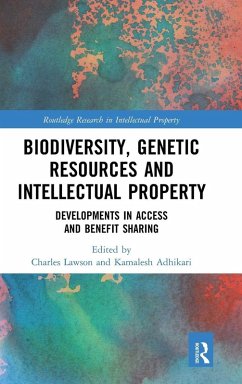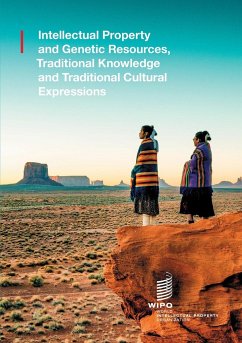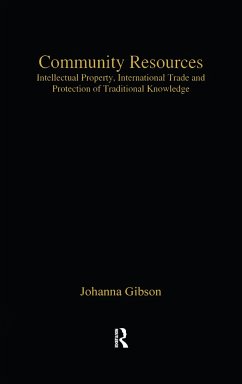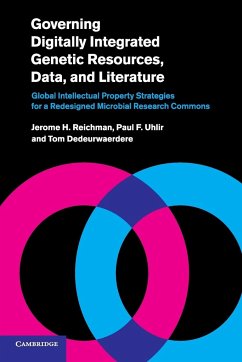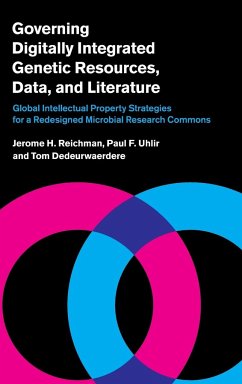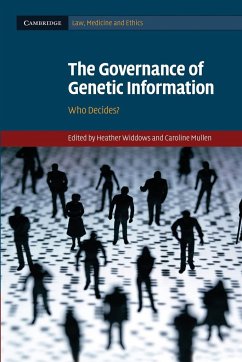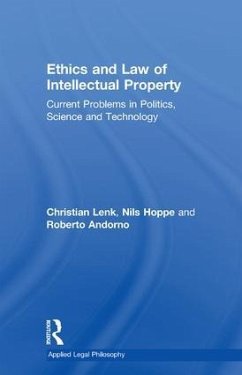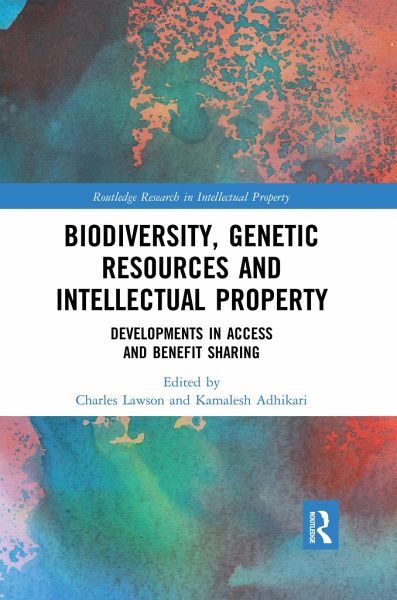
Biodiversity, Genetic Resources and Intellectual Property
Developments in Access and Benefit Sharing
Herausgeber: Adhikari, Kamalesh; Lawson, Charles
Versandkostenfrei!
Versandfertig in 1-2 Wochen
55,99 €
inkl. MwSt.

PAYBACK Punkte
28 °P sammeln!
Developments in Access and Benefit Sharing of Genetic Resources addresses current issues arising from recent developments in the enduring and topical debates about managing genetic resources through the ABS regime. The book explores key historical, doctrinal, and theoretical issues in the field, at the same time developing new idea





